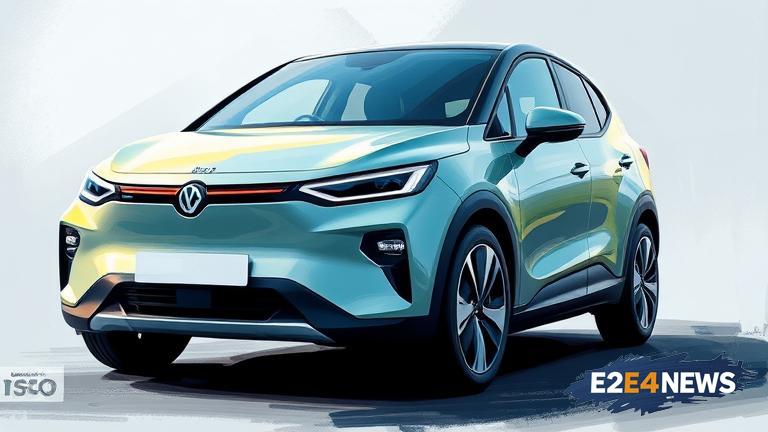The Indian government has announced a comprehensive plan to promote the adoption of electric vehicles (EVs) in the country. The plan includes a range of incentives and initiatives aimed at encouraging the use of EVs, reducing greenhouse gas emissions, and improving air quality. According to reports, the government plans to offer subsidies to EV manufacturers, as well as to consumers who purchase EVs. The subsidies are expected to be in the form of tax exemptions and discounts on the purchase price of EVs. Additionally, the government plans to invest in the development of EV charging infrastructure, including the installation of charging stations along highways and in urban areas. The plan also includes measures to promote the use of EVs in public transportation, such as buses and taxis. The government has set a target of having at least 30% of all new vehicle sales be electric by 2030. To achieve this goal, the government plans to work with state governments and private companies to develop EV-friendly policies and infrastructure. The plan also includes measures to encourage the development of EV manufacturing in India, including the establishment of new manufacturing facilities and the provision of incentives to existing manufacturers. The government believes that the adoption of EVs will not only help to reduce emissions and improve air quality but also create new job opportunities and stimulate economic growth. The plan has been welcomed by environmental groups and industry leaders, who see it as a major step forward in India’s transition to a more sustainable transportation system. However, some critics have raised concerns about the feasibility of the plan, citing the high cost of EVs and the lack of charging infrastructure in many parts of the country. Despite these challenges, the government remains committed to its goal of promoting the adoption of EVs and reducing the country’s dependence on fossil fuels. The plan is part of a broader effort by the Indian government to reduce greenhouse gas emissions and mitigate the impacts of climate change. India has set a target of reducing its emissions intensity by 33-35% by 2030, and the adoption of EVs is seen as a key part of this effort. The government has also announced plans to increase the use of renewable energy, improve energy efficiency, and promote sustainable land use practices. The plan to promote EVs is expected to have a positive impact on the environment, public health, and the economy. It is also expected to create new opportunities for businesses and individuals, particularly in the areas of EV manufacturing and charging infrastructure development. Overall, the Indian government’s plan to promote the adoption of EVs is a significant step forward in the country’s transition to a more sustainable transportation system. With the right policies and infrastructure in place, India can reduce its dependence on fossil fuels, improve air quality, and create new economic opportunities. The plan is a major development in the country’s efforts to address climate change and promote sustainable development. It is also a significant opportunity for India to take a leadership role in the global transition to a more sustainable transportation system. The government’s commitment to promoting EVs is a positive step forward, and it is expected to have a lasting impact on the environment, public health, and the economy. The plan is a key part of India’s efforts to reduce its emissions and mitigate the impacts of climate change, and it is expected to play a major role in the country’s transition to a more sustainable future.





